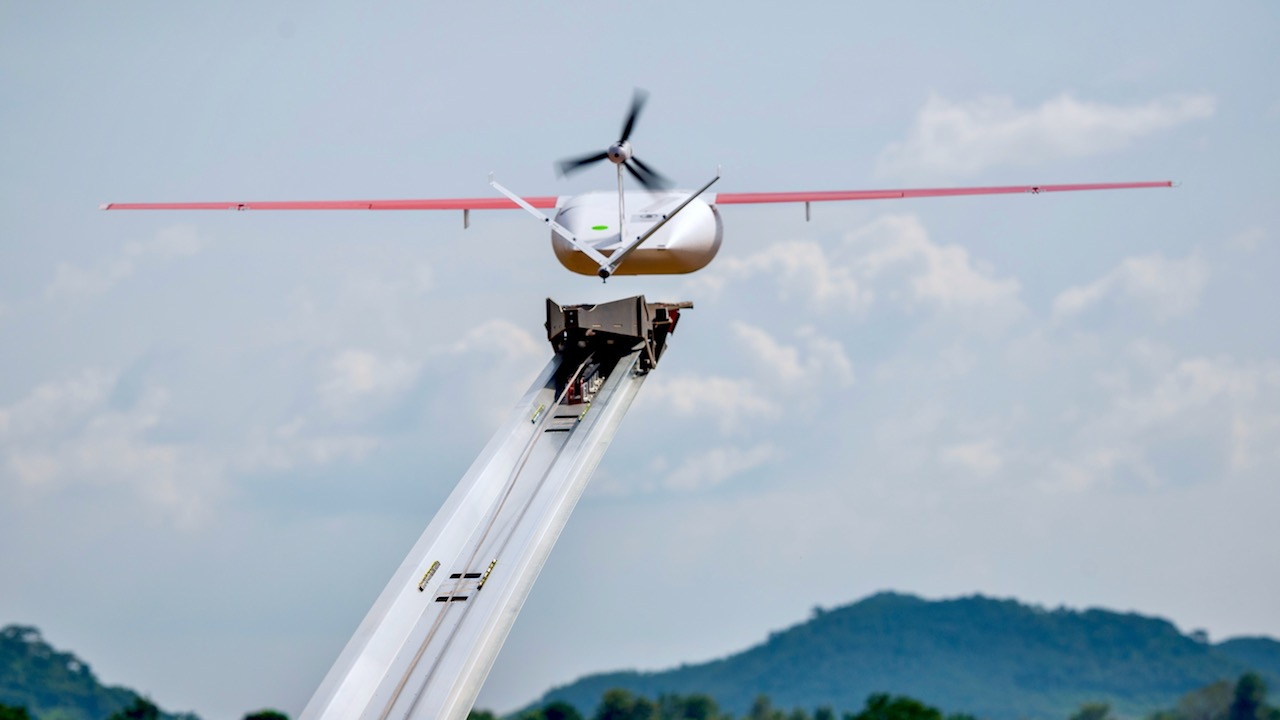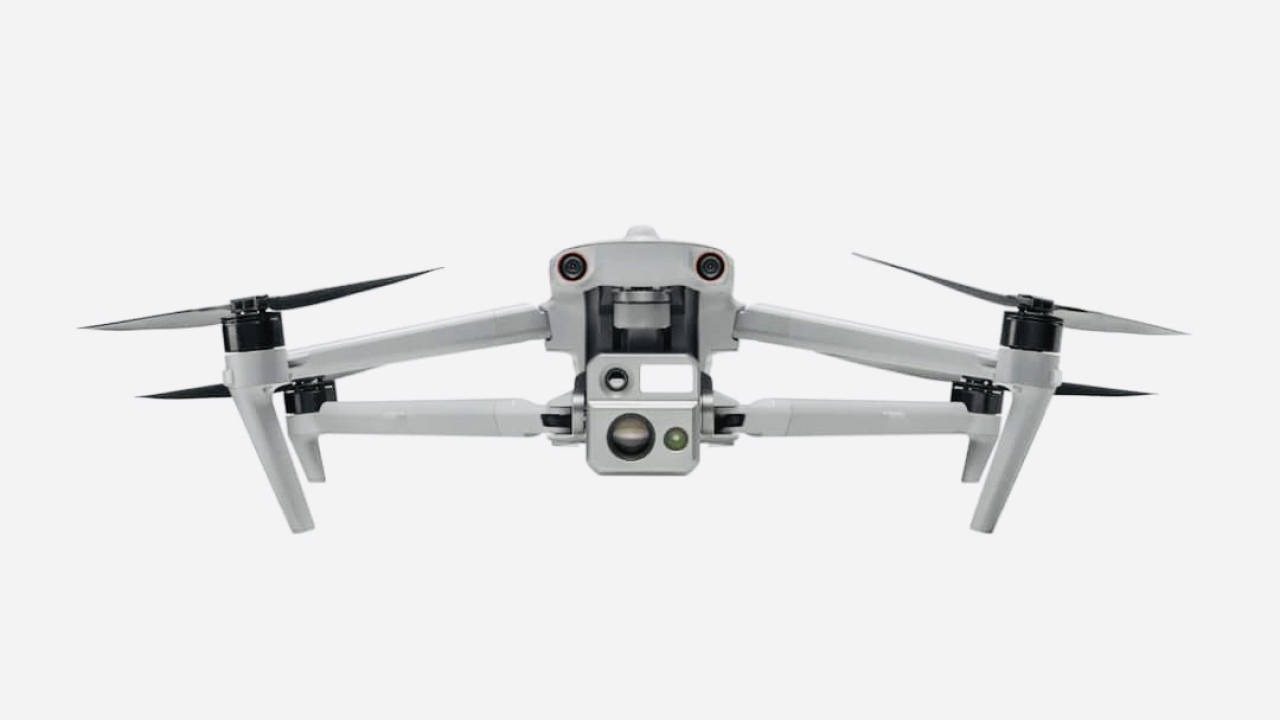Care via air: How drones save lives
In the wake of the drone revolution, major drone companies, including 100 per cent African ones, are not only reinforcing but rethinking the use of drones to better support local populations.

Air care: Zipline's system saves lives, prevents disease, and is the most cost-effective public health intervention aimed at increasing immunisation. IMAGE: Zipline
Drone technology is no doubt set to be a more powerful tool to help the emerging continent address socio-economic and environmental challenges. According to CNBC Africa, Africa's drone industry could reach $2bn by 2025.
Since our story on pioneering entrepreneur William Elong, who launched the first civil drone company Drone Africa (Algo Drone) in Cameroon in 2015, this sector has benefited from sustained progress in unmanned aerial systems (UAS).
Drones have gradually revolutionised sectors such as agriculture, including food security challenged by climate change, healthcare through blood and medical equipment deliveries, especially in remote and landlocked areas devoid of road infrastructure.
Companies like Drone Africa Service embody the efficient use of drones to deliver essential supplies to these communities.
Since 2019, drone logistics company Zipline, which operates the world’s largest drone delivery service, has saved thousands of children’s lives through the timely delivery of vaccines and medicines.
Zipline’s autonomous drone logistics system isn’t just saving lives and preventing disease, but is also the most cost-effective public health intervention aimed at increasing immunisation. Its fully-electric, battery-powered drones fly with zero-carbon emissions in countries like Ghana, Ivory Coast, Kenya, Nigeria and Rwanda.
Statistics show that in Rwanda and Ghana, partnerships with Zipline have enabled a 51 per cent reduction in deaths from post-partum haemorrhages through timely blood deliveries. This is a leading cause of maternal mortality in sub-Saharan Africa. In Rwanda, drones deliver about 75 per cent of the nation's blood supply outside Kigali, reaching remote areas within 15 minutes.
A recent study in Ghana has underlined the effectiveness of medical drones – in both cost and time taken – to move medical supplies into communities that were previously nearly impossible to reach using conventional means of transport.
Ghana, Ivory Coast and Congo use TerraHaptix’s Archer drones, which are locally made in Nigeria. TerraHaptix, co-founded in Abuja by 21-year-old Nigerians Nathan Nwachukwu and Maxwell Maduka, is Africa’s leading drone manufacturer. Nwachukwu recently announced that the company had received 300 orders for Archer X and that they are reaching international markets like the USA.
With growing awareness on the determining role of drones throughout Africa, governments are multiplying partnerships and investing in the sector. Burkina Faso Flying, the Burkina Faso franchise for WeRobotics’ Flying Labs network of drones has joined hands with the Burkinabe government in the latter’s efforts to promote irrigation in agriculture.
The west African country relies heavily on agriculture, with an estimate to employ about 80 per cent of the workforce. But with rainy periods becoming shorter due to climate change, the government is turning to irrigation to supplement farming efforts and ensure food security.
Burkina Faso Flying Labs is therefore lending a hand by launching a pilot project to develop irrigation systems.
The Drone Company Awards Grants for Humanitarian Operations is powering the momentum gained by the sector over the past decade. The Resilient Futures Grant Programme will support four organisations namely the HALO Trust, Sheffield and Rotherham Wildlife Trust, Help.NGO and Cryospheric Society of Nepal.
In an extensive analysis, GSD Global, a mission-driven consulting firm dedicated to introducing and scaling transformative innovations in emerging markets said that "Africa is fast becoming a hotspot for drone innovation". It underlined that with an expanding market and vast potential, drone technology can unlock solutions to face the continent's most pressing challenges.
The future of drone technology in Africa is very promising with innovations in AI and machine-learning integration for automated crop monitoring and predictive analytics for healthcare logistics.
According to World Bank estimates, the drone sector could generate more than 200,000 jobs across Africa by 2030. It will contribute significantly to economic development and equip youth with valuable tech skills throughout the continent.
Stay up to date
Subscribe to the free Times Aerospace newsletter and receive the latest content every week. We'll never share your email address.


